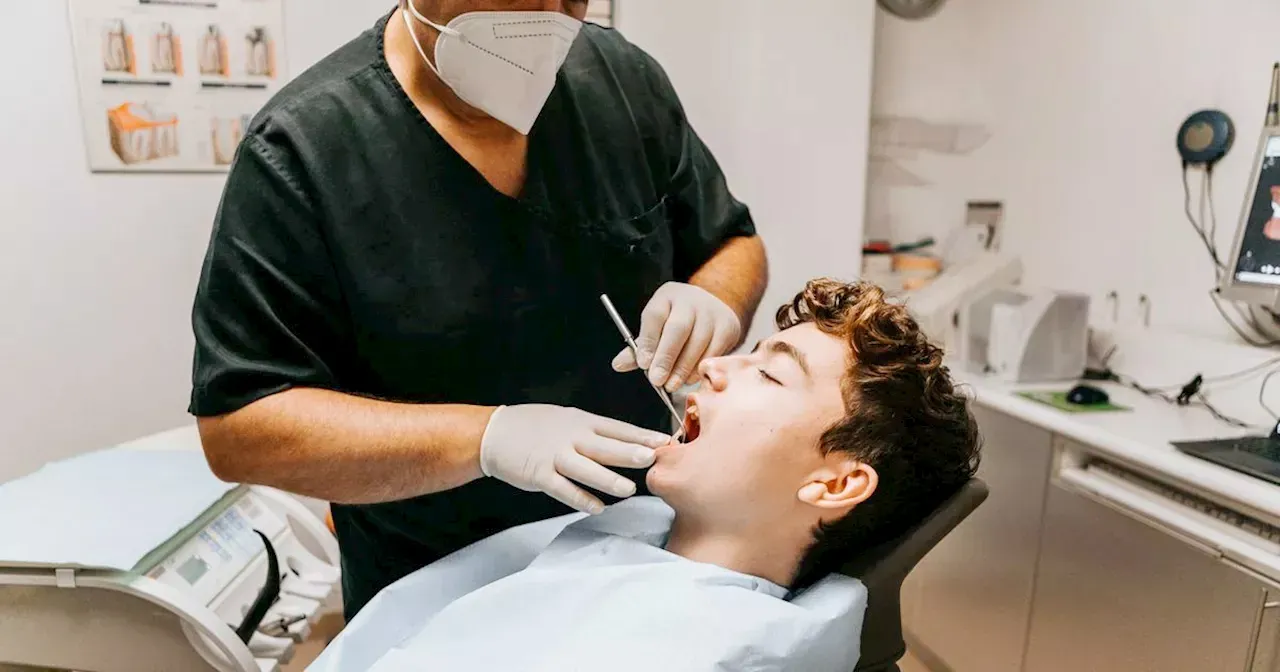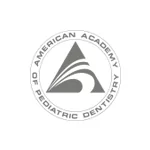Although your child may brush and floss their teeth at least twice a day, there are no guarantees that he or she will be able to maintain a picture-perfect smile.
Of course, brushing and flossing the teeth are important. But scheduling regular visits to a pediatric dentist also is a must, as these appointments will allow your son or daughter to receive comprehensive dental care.
There are many great reasons to take your child to a pediatric dentist, including:
- Your child can receive tips to brush and floss properly.
What good are brushing and flossing the teeth if your child is doing so incorrectly? With the right pediatric dentist, your child will be able to receive expert guidance to help him or her brush and floss properly.
Also, a pediatric dentist can provide sealants, plastic coatings that attach to the tops and sides of a child’s teeth, to reduce the risk of cavities.
Sealants ensure your child can minimize food particles and plaque from the teeth; however, they are not a substitute for everyday brushing and flossing.
Thus, a pediatric dentist can offer sealants to help your child improve his or her teeth for years to come.
- A pediatric dentist can address biting and chewing issues.
Is your child biting and chewing foods properly? Improper biting and chewing can cause teeth pain and infection and may lead to a number of long-lasting oral health issues, including:
- Misalignment of the jaw
- Altered facial aesthetics
- Improper jaw growth
- Airway obstruction
- Speech problems
A pediatric dentist can perform an in-depth teeth cleaning to remove plaque from your child’s teeth as well as identify and address biting and chewing issues.
Plus, your child’s dentist will be able to examine your child’s bite to ensure he or she is not missing any teeth or developing excess (supernumerary) teeth.
- You and your child can learn about the dangers of tooth decay, how fluoride and dental rinse work and much more.
Tooth decay remains one of the most common chronic diseases in children between the ages of 6 and 11 years old, according to the Centers for Disease Control and Prevention (CDC). And if a child fails to eliminate tooth decay, it may become a persistent problem that extends into adulthood.
A pediatric dentist, meanwhile, can help your child address tooth decay immediately and provide assistance in other areas as well.
For example, does your child understand the differences between mouthwash and a fluoride rinse? If not, your child may struggle to keep his or her teeth clean and healthy.
Typically, mouthwash helps improve the smell of a person’s breath, but it does not clean the teeth. On the other hand, a fluoride rinse safeguards the teeth against acids produced by bacterial plaque. This rinse is designed to complement an individual’s everyday brushing and flossing, and ultimately, help protect the teeth against cavities.
A pediatric dentist will be able to explain the differences between mouthwash and a fluoride rinse. This dental professional likely will provide your child with a sample of fluoride rinse as well, enabling your son or daughter to incorporate this product into his or her everyday dental care routine.
On their own, brushing and flossing the teeth can help keep the teeth looking great. But with assistance from a pediatric dentist, your child can learn the skills and know-how needed to maintain an immaculate smile day after day.









